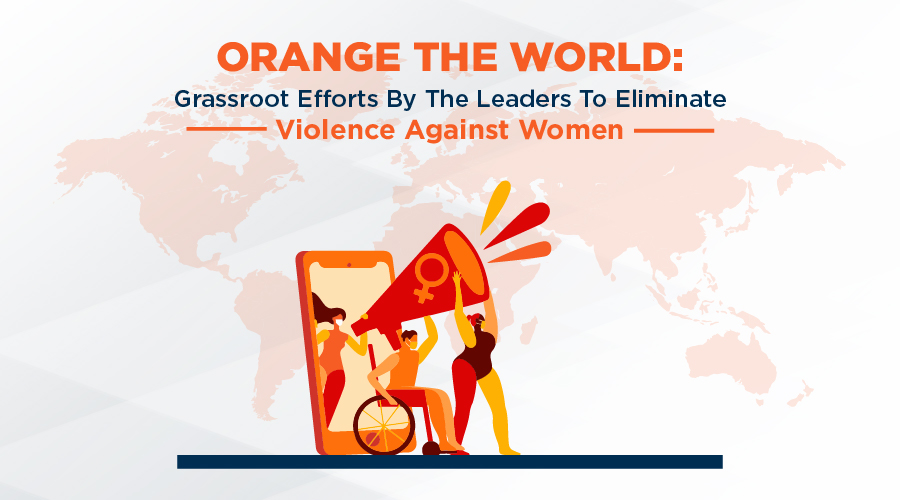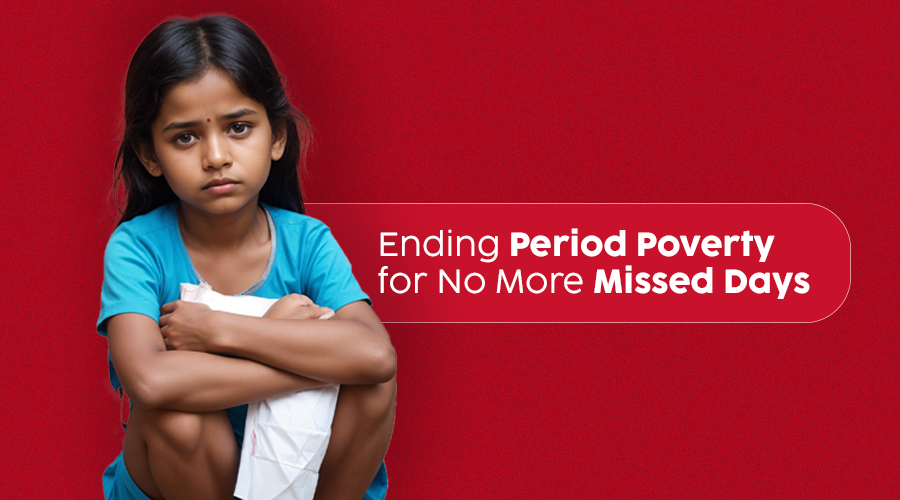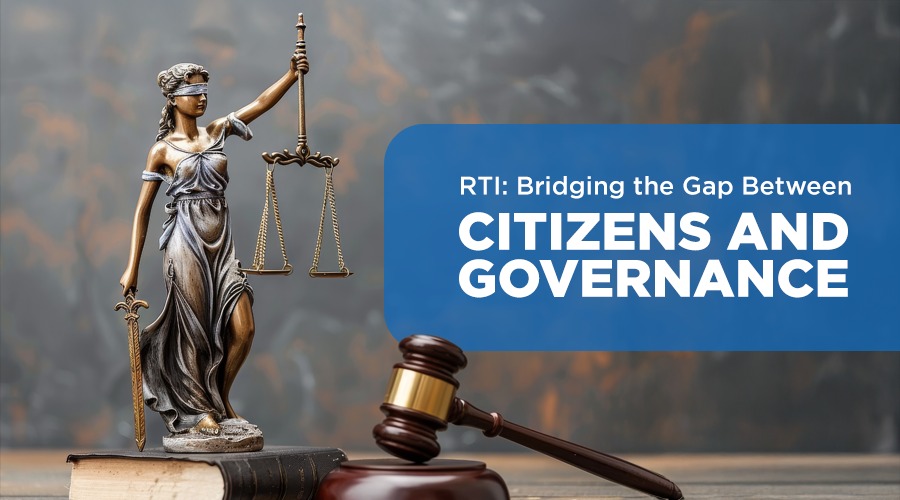“Our lives begin to end the day we become silent about things that matter”
Martin Luther King jr.
Gender-based violence is no stranger to us, since it’s an age old phenomenon permeated through generations all over the world. However, in spite of all that we have heard and experienced, it is not difficult to find help and rescue. It is definitely enraging that even today when women’s advancement in every sphere is at its peak, women are still subjected to exploitation and abuse. Having said that, there is tremendous awareness being spread to curb the menace of misogyny and discrimination. Immumerable NGOs, individuals, and civic bodies are advocating for equality and freedom from of all forms of discrimination against women all over the world. To begin with, a resolution 48/104 issued by the UN General Assembly in 1993, lays the foundation for a pathway free of gender-based violence. Another prominent step towards the betterment of women was employed by UNITE in 2008 to eradicate domestic violence. All these bold steps focus on one thing: raising public awareness about the prevalent issues of increasing violence against women. International Day of Violence Against Women is one such initiative, observed on the 25th of November every year. This year, the theme of the day is Orange The World, which symbolises a brighter future of humankind, free of violence, discrimination and gender-based crimes. The colour orange also represents solidarity, warmth and zeal… all primary ingredients to galvanise action plans against domestic violence.
International Day Of Violence Against Women
The Origin:
The day was first observed in 1981 by the women activists. The date was put forward to mark brutal assassination of three Mirabal sisters (political activists) ordered by Dominican ruler Rafael Trujillo in 1960. Following the outrage in reaction to the event, United Nations General Assembly designated November 25 as the International Day for the elimination of violence against Women, and initiated various awareness activities with the help of international organizations, governments and NGOs. Every year, this day and the following 16 days are reserved for activism against gender violence..
If Not Now, Then When?
Termination of violence against women has become a key priority for the United Nations, most importantly in this crucial era of pandemic. Violence against women can be categorized into various forms. UN Declaration on the “Elimination of Violence against Women” has coined an internationally accepted definition on the Elimination of Violence Against Women as “Any act of gender based violence that results in, or is likely to result in, physical, sexual or psychological harm, or suffering to women, including threats of such acts, coercion or sexual or psychological harm or suffering to women, including threats of such acts, coercion or arbitrary deprivation of liberty, whether occurring in public or in private life” (Article 1).
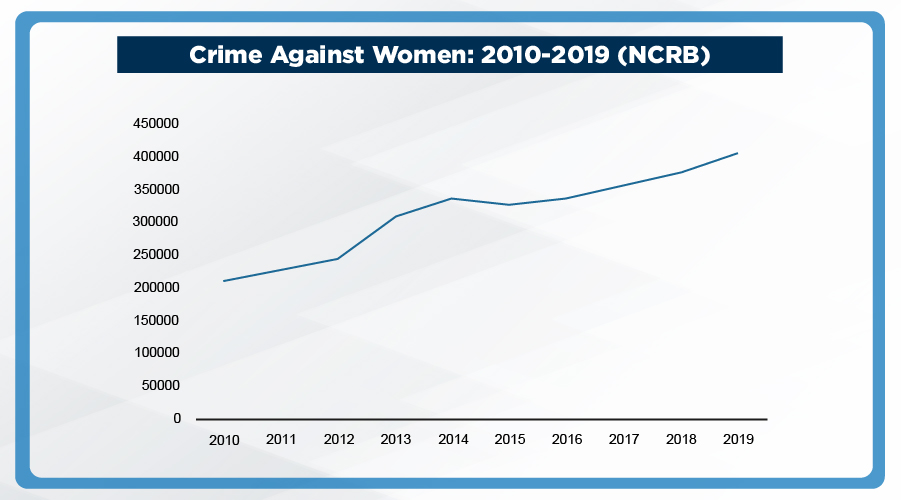
Source: International Growth Centre
As per United Nations, only two out of three countries have outlawed domestic violence, while rest of the countries still exempt rape perpetrators from prosecution, and lack the laws on protecting women from domestic violence. As per comparative study by International Journal Of Pure And Applied Mathematics, women who do not have any form of income are more prone to face domestic violence. Thus, it is vital to make women independent and formulate her financial savings to make them less likely to fall victim to gender-based violence. Additionally, education plays a key role in women’s empowerment, enabling them to discover work, express their needs, openly participate in the communities, and raise their voices when need arises. Educating girls at school level to raise their voice against violence and exploitation has also become vital to end violence against women.
Govt. Policies & Schemes:
Government bodies, the United Nations and NGOs have taken up the cause of spreading awareness and implementing stringent laws. For instance, in India, a well-established women self-help group supported by the Odisha Tribal Empowerment and Livelihoods Programs has taken up an initiative to go door-to-door in their village to spread awareness against alcohol abuse which is considered as one of the main causes of domestic violence. Their efforts have been recorded by the International Funds For Agricultural Development (IFAD) who supports women’s groups and associations all around the world. Most of the achievements of such self-help groups have been highlighted in regional gender briefs that provide the statistics on the status of women and girls.
Government & NGO Initiatives:
Efforts have been made by the Government Of India to eliminate the violence against women. This involves:
The Sexual Harassment of Women at Workplace (Prevention Prohibition And Redressal) Act 2013 which directs the constitution of Local Complaints Committee (LCC) in every district.
The Protection of Women from Domestic Violence Act (PWDVA), 2005 involves the appointment of Protection Officers (PO) preferably women.
The Dowry Prohibition Act 1961 ensures the appointment of Dowry Prohibition Officers by the state government.
The Prohibition of Child Marriage Act, 2006 ensures the effectual functioning of child marriage prohibition officers by the state government.
Vanitha Sahayavani is a community collaboration initiative with Bengaluru City Police for the protection of women in distress through free counselling, intervention programs and police assistance.
Tara Women’s Centre a residential rehab initiative at in Indiranagar, Bengaluru, which provides shelter to the survivors of domestic abuse and sexual harrasement. They also offer skill based training and job placements.
One Stop Center- SAKHI which offers a wide array of services to the women affected by violence involving medical help, police assistance, legal assistance, counselling, shelter et al.
Women’s Helpline contact Information – Bengaluru:
Considering all prevalent issues pertaining to violence against women, the Indian Government and Karnataka state government have provided women helpline numbers where women can immediately call for help.
Bengaluru Women Police: 080-22943225
Karnataka Women Police: 0821-2418400
Karnataka Women Commission: 080-22100435/ 22862368
National Commission for Women Helpline: 7827170170
Central Social Welfare Board- Police Helpline: 1091/1291, (011) 23317004
Shakti Shalini: 10920
Shakti Shalini- Women’s shelter: (011) 24373736/ 24373737
Vanitha Sahayavani: Namma 100
Tara Women’s Centre: 080-25251929
Universal Hand Signal For Help:
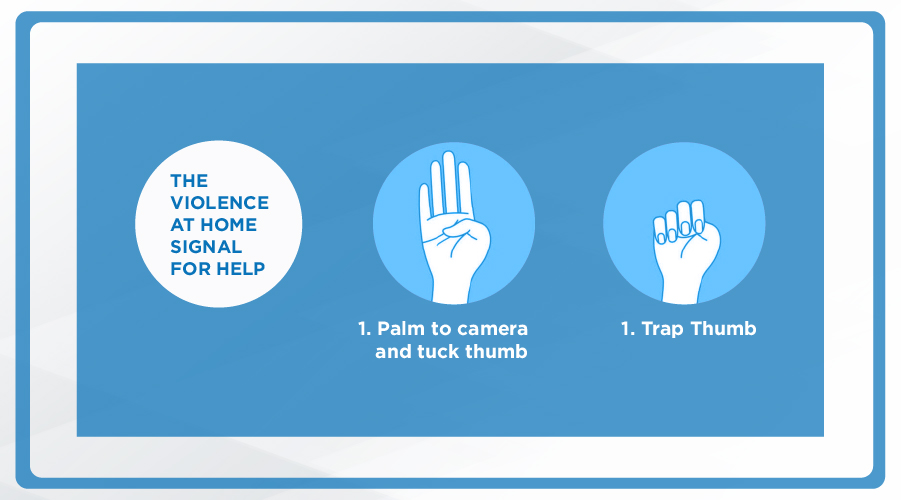
The unforgetful worldwide lockdown, imposed during pandemic, played a unfortunate catalyst in the surge of domestic violence, as the victims were forced to stay home with their abusers. In order to tackle the situation and ensure safe escape of the victims, the universal Violence At Home Signal For Help, was introduced by the Canadian Women’s Foundation, which allows one to discreetly seek help by communicating with a 2-step hand gesture without alarming the abuser.
The Signal For Help gained further attention after a missing teen was rescued from her kidnappers, after she used the hand motion to get help.
Don’t Be A Bystander, Break The Loop:
Anyone is capable of being an abuser and anyone is capable of being a victim. Gender-based violence is a systemic problem that needs to be understood holistically to derive an accurate solution. ‘Violence against women’ is not an unpretentious problem. It has been affecting a large number of women and girls all around the world. Every day, enormous cases of domestic violence emerge in every corner of the world. The only thing that can save the world from this oppressive issue is to raise the voice against domestic violence and spread awareness amongst all women, especially in rural areas.
Remember, unitedly we can make a difference but only if each and every woman stands up in support. Spread the word, share information, and show support.


